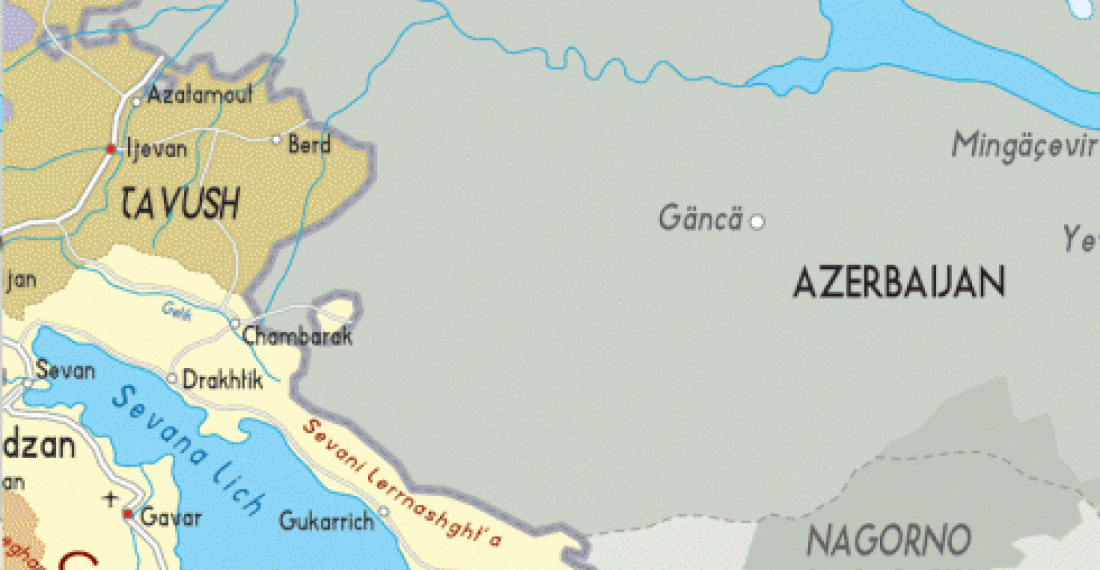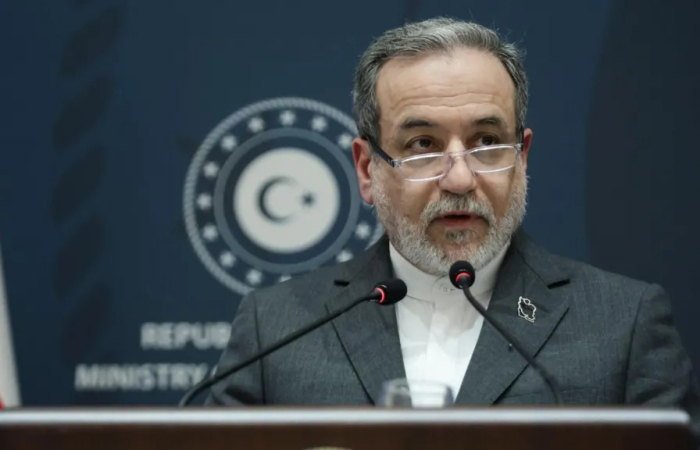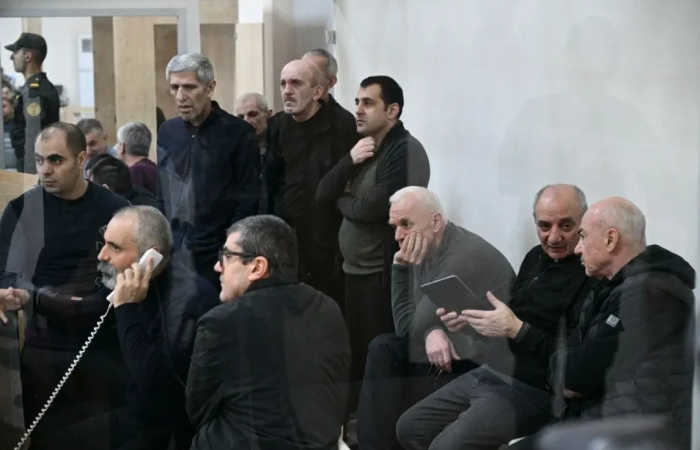Armenian sources report an incident on the northern sector of the line of contact seperating Armenian and Azerbijani forces. They claim that Azerbaijani forces fired on cars travelling on the Berd-Ijevan Highway in the Tavush Region in the north of Armenia. A car carrying conscript soldiers was hit and one Armenian soldier died and three others were injured. The same sources also say that a cars carrying civilians were also hit by the shooting, although no civilian casualties were reported.
If confirmed the incident is a serious escalation in the current low intensity exchanges that regularly violate the cease fire that has been in place since 1994. Although exchange of fire takes place regularly right across the line of contact, the targeting of vehicles well beyond the line of contact marks an escalation beyond the usual incidents. The Armenian authorities say that the incident has been reported to the OSCE and that there will an adequate response.
There was no comment on the incident by the Azerbaijani side. However, in the meantime Azerbaijani military sources told the media that Armenian army units fired on the positions of Azerbaijani Army in Gizilhajili village and unamed hills in the Kazakh region from their posts in Berkaber village of Armenia's Icevan region on Tuesday and early Wednesday. The positions of Azerbaijani Army were also fired from the positions on unamed hills in the Goranboy region. The Azerbaijani Defense Ministry's press service told the news agency APA that "the enemy was silenced by retaliation fire".
source: commonspace.eu with agencies
Photo: Map showing the Berd - Ijevan highway in the Tavush region in northern Armenia.







